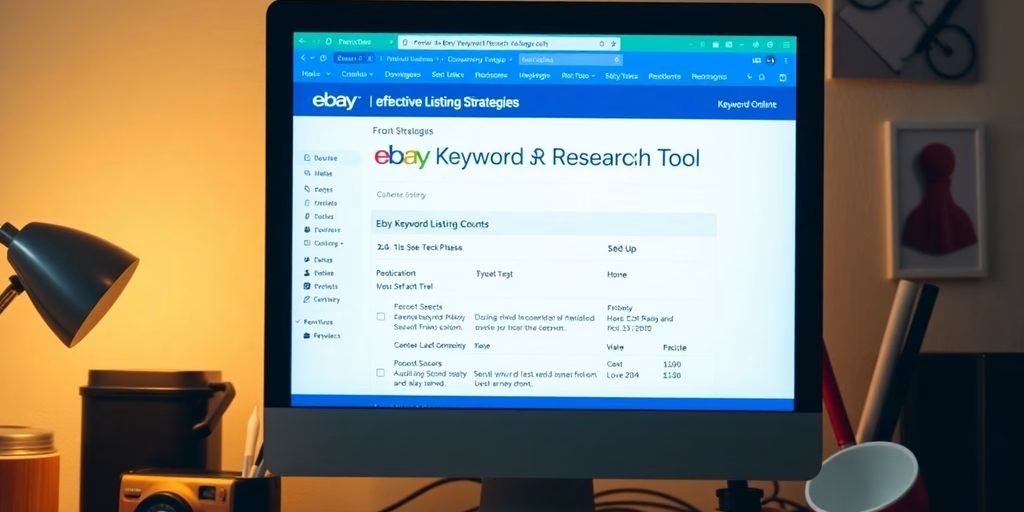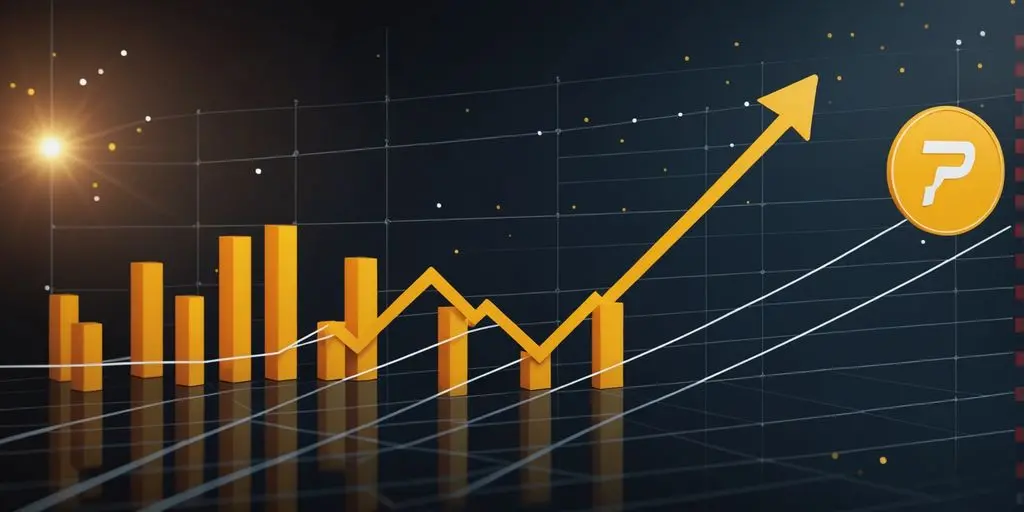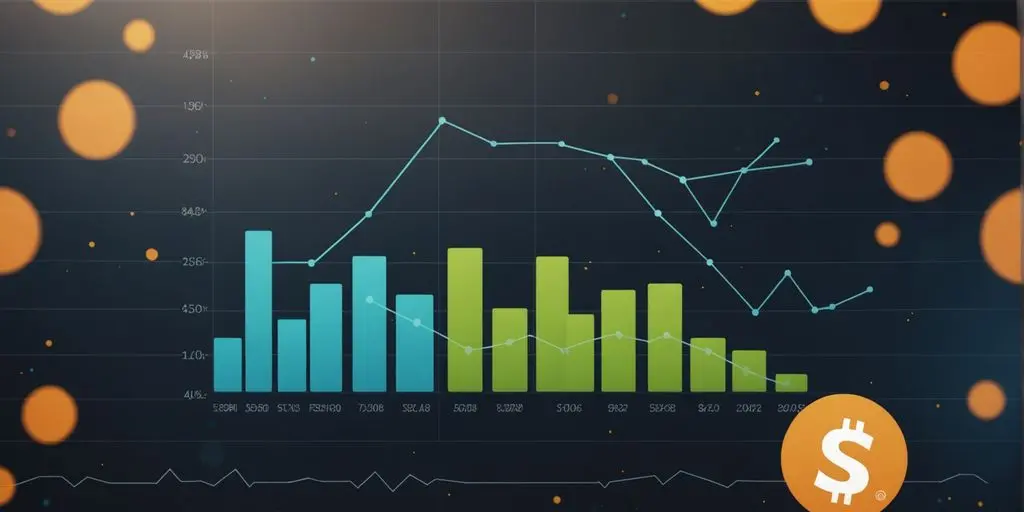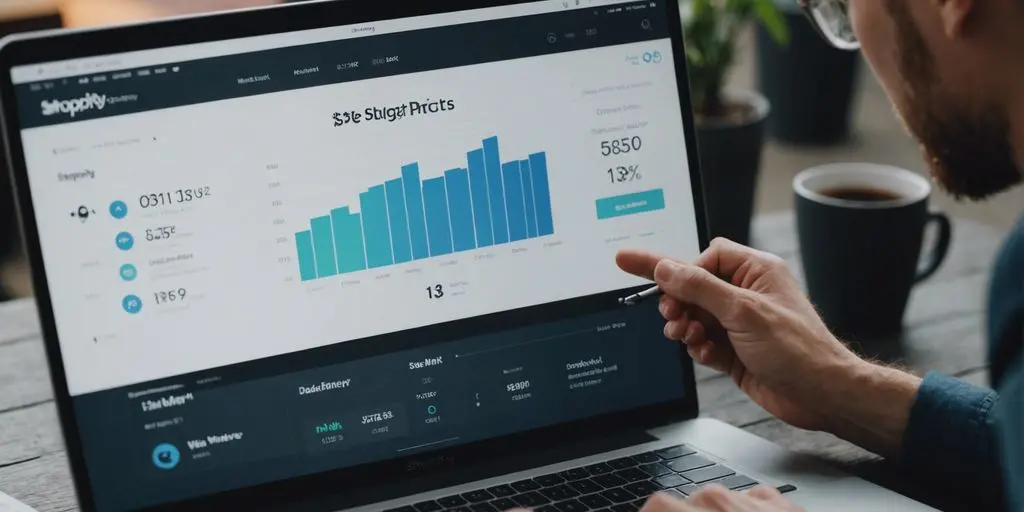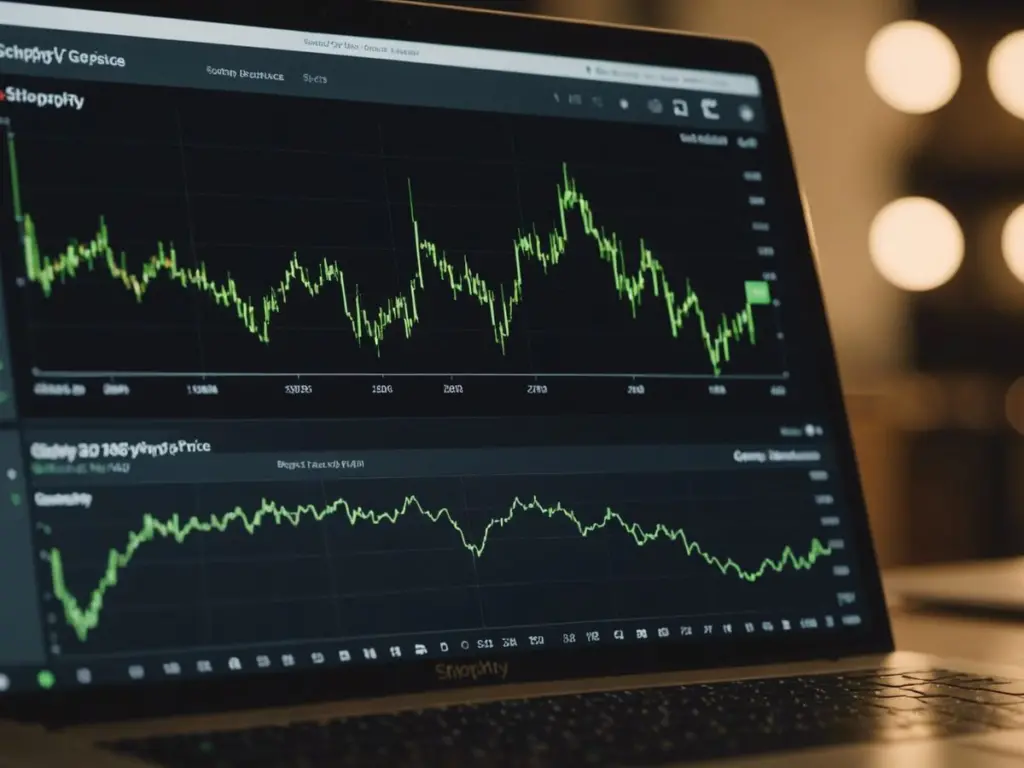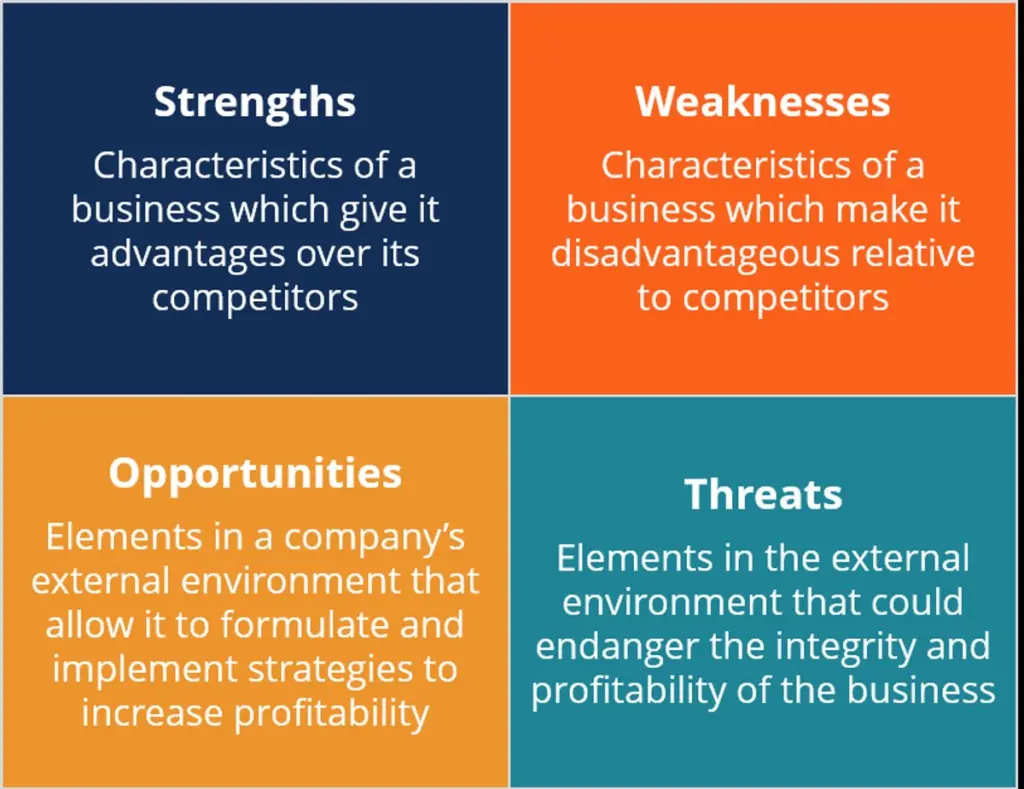The Google search algorithm is a complex and ever-evolving system designed to provide the most relevant and high-quality search results to users. Understanding the latest updates in the Google search algorithm is crucial for anyone involved in digital marketing or SEO. In 2023, Google introduced several major updates, including changes to its broad core algorithm, link spam policies, and an increased emphasis on Core Web Vitals. This article will explore these updates in detail, providing insights into how they work and offering tips on how to adapt your SEO strategies accordingly.
Key Takeaways
- Google’s search algorithm continuously evolves to improve search result quality.
- The 2023 updates include significant changes to the broad core algorithm, link spam policies, and Core Web Vitals.
- Understanding how these updates impact your website’s SEO is crucial for maintaining visibility.
- Adapting your SEO strategy to align with Google’s updates can help you stay competitive.
- Quality content and user experience remain central to successful SEO strategies.
Decoding the Mystery: How Does the Google Search Algorithm Work?
The Basics of Google’s Search Algorithm
Understanding Google’s search algorithm is like trying to solve a Rubik’s Cube blindfolded. At its core, the algorithm uses a variety of factors to determine the relevance and ranking of web pages. One of the most famous components is PageRank, which evaluates the quality and quantity of links to a page. But that’s just the tip of the iceberg!
The Role of AI and Machine Learning
Artificial Intelligence (AI) and Machine Learning (ML) have become integral to Google’s search algorithm. These technologies help the algorithm learn and adapt over time, improving the accuracy of search results. For instance, AI can understand the context of a query, making it easier to show up in Google’s featured snippet.
Why User Experience Matters
User experience (UX) is another critical factor in Google’s ranking system. The algorithm considers how users interact with a page, including metrics like bounce rate and time spent on the site. A positive UX can significantly boost your rankings, so it’s essential to focus on creating a user-friendly website.
The Google search algorithm is a constantly evolving beast, and staying updated is crucial for anyone looking to improve their site’s visibility.
2023: The Year of Major Algorithm Shake-ups

2023 is shaping up to be a tumultuous year for Google search algorithm updates as the search engine continues to roll out multiple changes that affect sites that are unprepared to weather the storm. The November 2023 review update started rolling out on November 8, 2023, and was completed on December 7, 2023. From now on, the reviews system will be updated continuously, making it crucial for websites to stay on their toes.
Broad Core Algorithm Update
Google’s broad core updates are always a big deal, and 2023 was no exception. These updates are designed to improve the overall relevance of search results, which means that some sites may see drops or gains in their rankings. The key here is to focus on quality content and user experience.
Link Spam Updates
Link spam has always been a thorn in Google’s side, and 2023 saw renewed efforts to combat this issue. Google’s link spam updates aim to nullify the impact of spammy links on search rankings. This means that websites relying on dubious link-building tactics need to rethink their strategies.
Core Web Vitals Emphasis
Core Web Vitals have become a significant ranking factor, and 2023 emphasized their importance even more. These metrics focus on user experience, measuring aspects like loading speed, interactivity, and visual stability. Websites that excel in these areas are more likely to rank higher in search results.
From Panda to Present: A Brief History of Google Search Algorithm Updates
Google has a long history of famous algorithm updates, search index changes, and refreshes. Here is a timeline of major Google search algorithm updates.
The Panda Update
The original Panda update was Google’s first large-scale attempt at algorithmically assessing the quality of the content it was serving in search results. It was designed to reward the websites publishing the highest quality content – much like the Helpful Content Updates we now see on a regular basis.
The Penguin Update
The Penguin update was introduced to target websites that were using black-hat SEO techniques, such as keyword stuffing and link schemes, to manipulate search rankings. This update aimed to promote fair play by rewarding websites that followed Google’s guidelines.
The Hummingbird Update
The Hummingbird update marked a significant shift in how Google understood search queries. It focused on understanding the intent behind the search terms, rather than just the individual keywords. This update paved the way for more conversational and natural language searches.
Experience a key factor during Google search algorithm updates, analysis finds. An analysis of 50 sites finds strong correlations between features found on websites and Google algorithm update winners and losers.
Adapting to Algorithm Changes: Tips and Tricks
Navigating the ever-changing landscape of Google’s search algorithm can feel like trying to hit a moving target. But fear not! Here are some witty and informative tips to keep your website in Google’s good graces.
Staying Informed About Updates
First things first, you need to stay in the loop. Google often releases updates without much fanfare, so it’s crucial to keep an eye on SEO news and forums. Subscribe to industry newsletters and set up Google Alerts for terms like “Google algorithm update.” This way, you’ll be among the first to know when a new update drops.
Adjusting Your SEO Strategy
Once you’re aware of an update, it’s time to tweak your strategy. Focus on creating high-quality content that provides real value to your audience. Remember, Google loves content that answers questions and solves problems. Also, don’t forget to optimize your site for mobile users and ensure fast loading times.
Monitoring Your Website’s Performance
Last but not least, keep a close watch on your website’s performance. Use tools like Google Analytics and Search Console to track your rankings and traffic. If you notice a sudden drop, it might be due to an algorithm update. In that case, review your low-performing content and make necessary adjustments.
Adapting to Google’s algorithm changes isn’t just about survival; it’s about thriving in a dynamic digital landscape. Stay informed, be proactive, and you’ll navigate these changes like a pro.
The Impact of Algorithm Updates on SEO

Algorithm updates can feel like a rollercoaster ride for SEO professionals. These changes can significantly impact your website’s search rankings, making it essential to stay informed and adaptable. Understanding these updates is crucial for maintaining your site’s visibility on Google’s SERPs.
How Updates Affect Rankings
When Google rolls out an update, it can cause a sudden surge or drop in your site’s visibility. This can make it challenging to pinpoint the exact cause of these changes. Google’s updates fall into three main categories:
- Core updates
- Targeted updates
- Unconfirmed updates
The Importance of Quality Content
One of the most consistent factors in Google’s algorithm is the emphasis on quality content. The core update marked a shift in Google’s ranking criteria, reducing the importance of links and emphasizing quality, credibility, and substantive content. To stay ahead, focus on creating high-quality, relevant content that provides real value to users.
The Role of Backlinks
Backlinks have always been a significant factor in SEO, but their importance can fluctuate with each update. To maintain a strong backlink profile, focus on building quality backlinks. This means avoiding spammy links and instead, earning links from reputable sources. Remember, mastering the SERP involves optimizing meta tags, refreshing old content, and winning position zero.
Staying up-to-date with these changes is crucial for site owners and the SEO community. By understanding and adapting to these updates, you can ensure that your site continues to rank well on Google’s SERPs.
Link Spam Updates: Google’s War on Spammy Links

Google’s battle against link spam has intensified with recent updates aimed at curbing manipulative link strategies. These updates are designed to ensure that high-quality, relevant content is prioritized over spammy tactics. Google’s efforts to disrupt these practices are crucial for maintaining the integrity of search results.
What Constitutes Link Spam?
Link spam involves using deceptive methods to generate backlinks, which can unfairly boost a site’s ranking. Common tactics include:
- Buying or selling links
- Excessive link exchanges
- Using automated programs to create links
- Embedding links in low-quality content
How Google Identifies Spammy Links
Google employs advanced algorithms and machine learning to detect and nullify spammy links. The process involves:
- Analyzing link patterns
- Evaluating the quality of linking sites
- Identifying unnatural link behaviors
Best Practices to Avoid Penalties
To stay on the right side of Google’s guidelines, consider these strategies:
- Focus on creating high-quality, relevant content
- Build organic backlinks through genuine relationships
- Avoid participating in link schemes
- Regularly audit your backlink profile
Staying informed about updates and understanding Google’s algorithms are essential google ranking tips for climbing the search engine ladder.
Core Web Vitals: The New SEO Frontier

Core Web Vitals are the new frontier in website performance analysis that holds the key to elevating user experience and SEO performance. In this section, we’ll dive into what Core Web Vitals are, why they matter, and how you can optimize your site to meet these crucial metrics.
Core Web Vitals are the new frontier in SEO, revolutionizing how websites are ranked and experienced by users. To stay ahead in this competitive landscape, it’s crucial to optimize your site for these metrics. Ready to elevate your online presence?
Conclusion
In the ever-evolving world of SEO, keeping up with Google’s algorithm updates is like trying to hit a moving target while riding a unicycle—challenging but not impossible. From the broad core updates to the nitty-gritty of link spam and Core Web Vitals, each tweak and twist in the algorithm is a step towards a more refined and user-centric search experience. By staying informed and agile, you can ensure that your website remains visible and relevant in the eyes of both Google and your audience. So, keep your SEO strategies flexible, your content high-quality, and your eyes peeled for the next big update. After all, in the game of search rankings, the only constant is change.
Frequently Asked Questions
What is a Google algorithm update?
A Google algorithm update refers to changes made to Google’s search algorithm, which can range from minor tweaks to major overhauls. These updates aim to improve the quality and relevance of search results.
How often does Google update its search algorithm?
Google updates its search algorithm frequently, with minor updates occurring almost daily and major updates happening several times a year.
What was significant about the July 2023 Google algorithm update?
The July 2023 update included a broad core algorithm update, link spam updates, and an emphasis on Core Web Vitals, highlighting Google’s focus on providing high-quality and relevant search results.
How can I stay informed about Google search algorithm updates?
To stay informed, you can follow Google’s official blog, subscribe to SEO news websites, and participate in SEO forums and communities.
What are Core Web Vitals?
Core Web Vitals are a set of metrics introduced by Google to measure the user experience of a webpage, focusing on loading performance, interactivity, and visual stability.
How do Google search algorithm updates affect SEO?
Algorithm updates can significantly impact SEO by changing how websites are ranked. Staying updated and adjusting your SEO strategies accordingly is crucial to maintaining or improving your website’s visibility on Google.

![A Comprehensive Guide to Google Play Console Pricing [n8n]](https://cworks.id/wp-content/uploads/2025/09/cover-image-24622.avif)
![Understanding the Google Play Console Price: What Developers Need to Know [arvow]](https://cworks.id/wp-content/uploads/2025/05/4755037cthumbnail.avif)



















